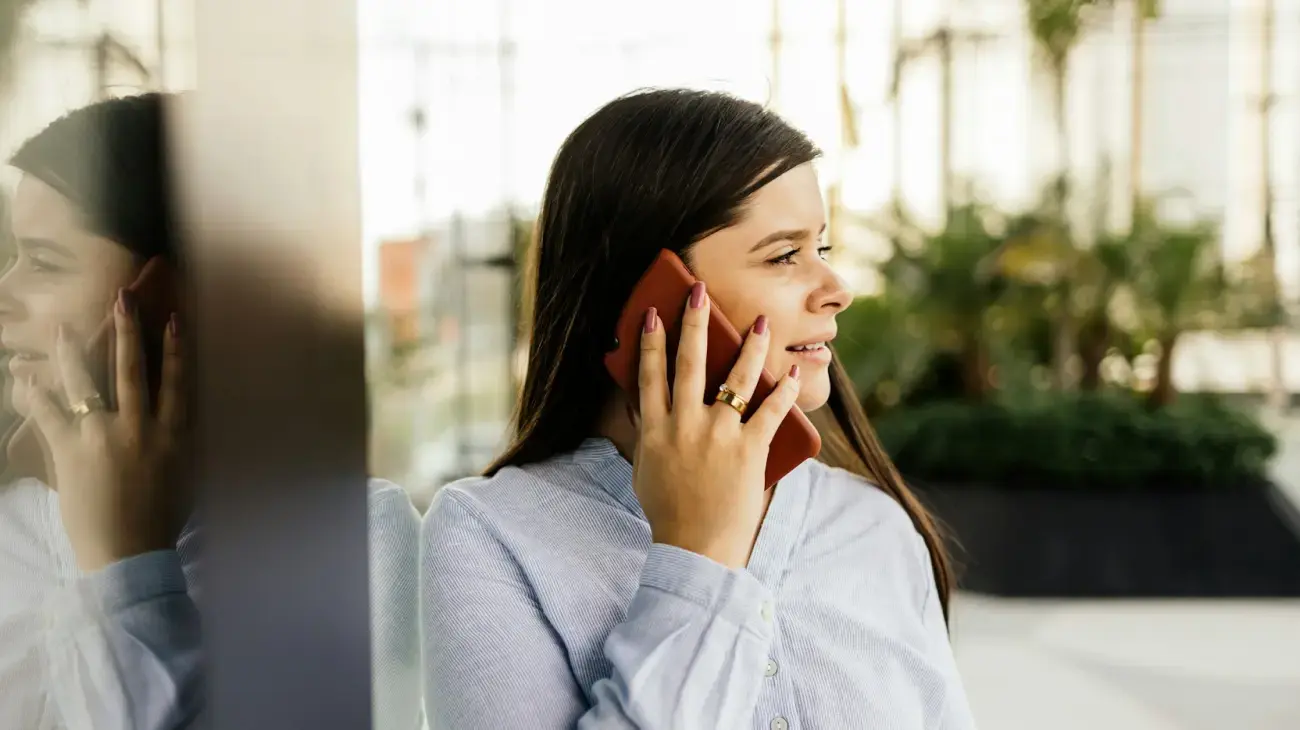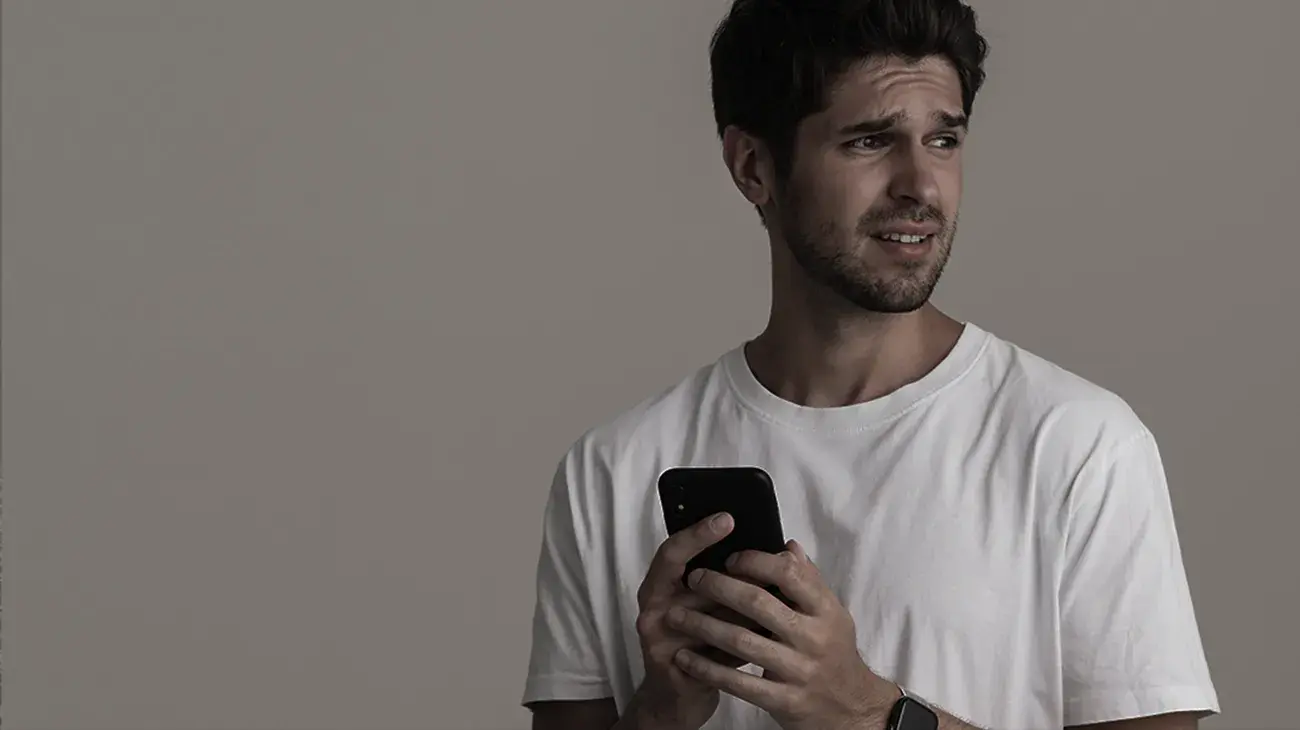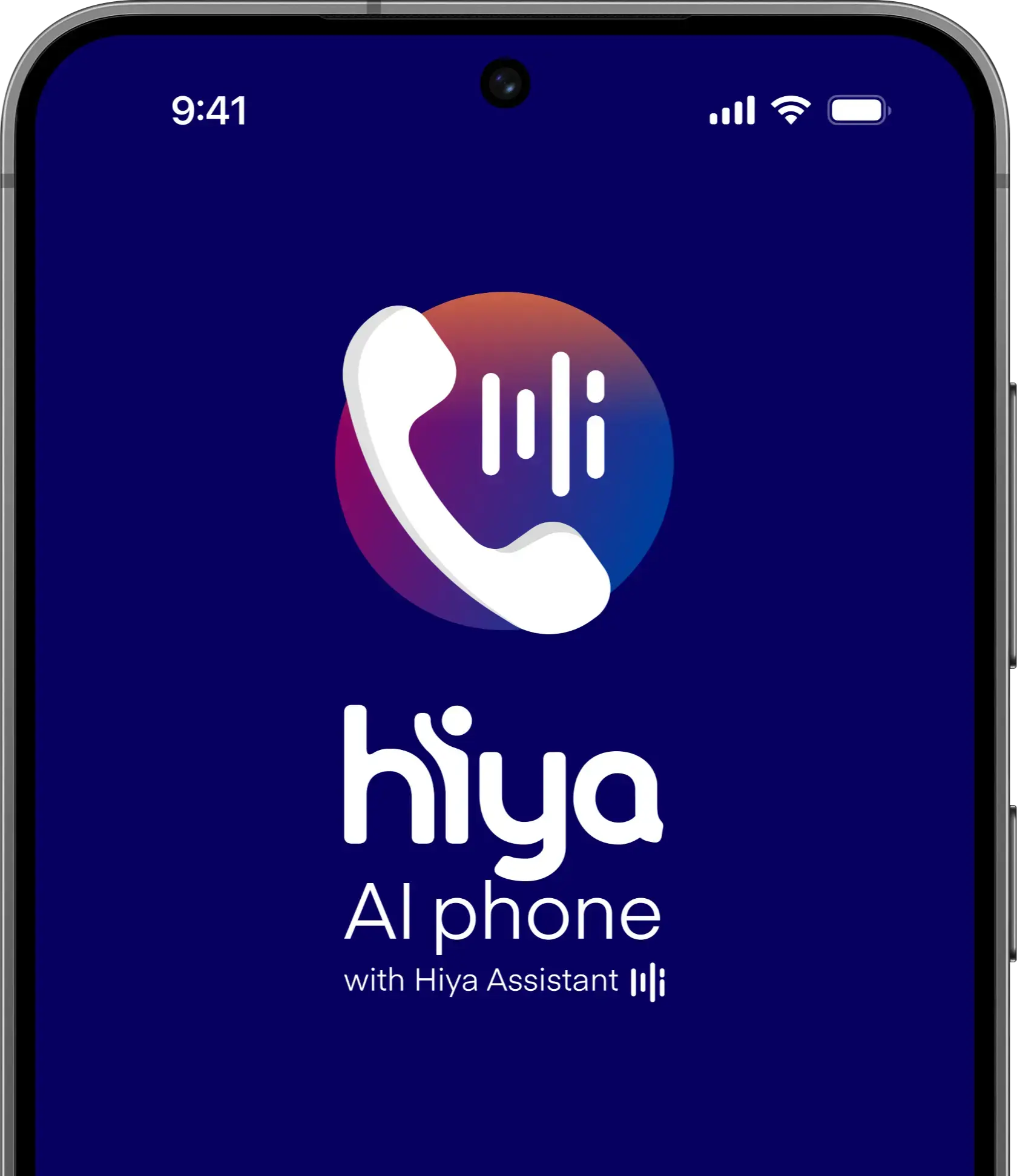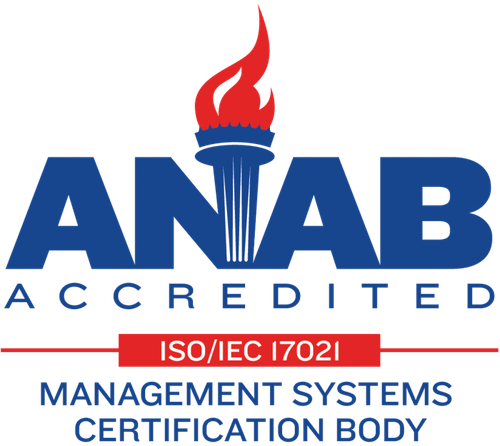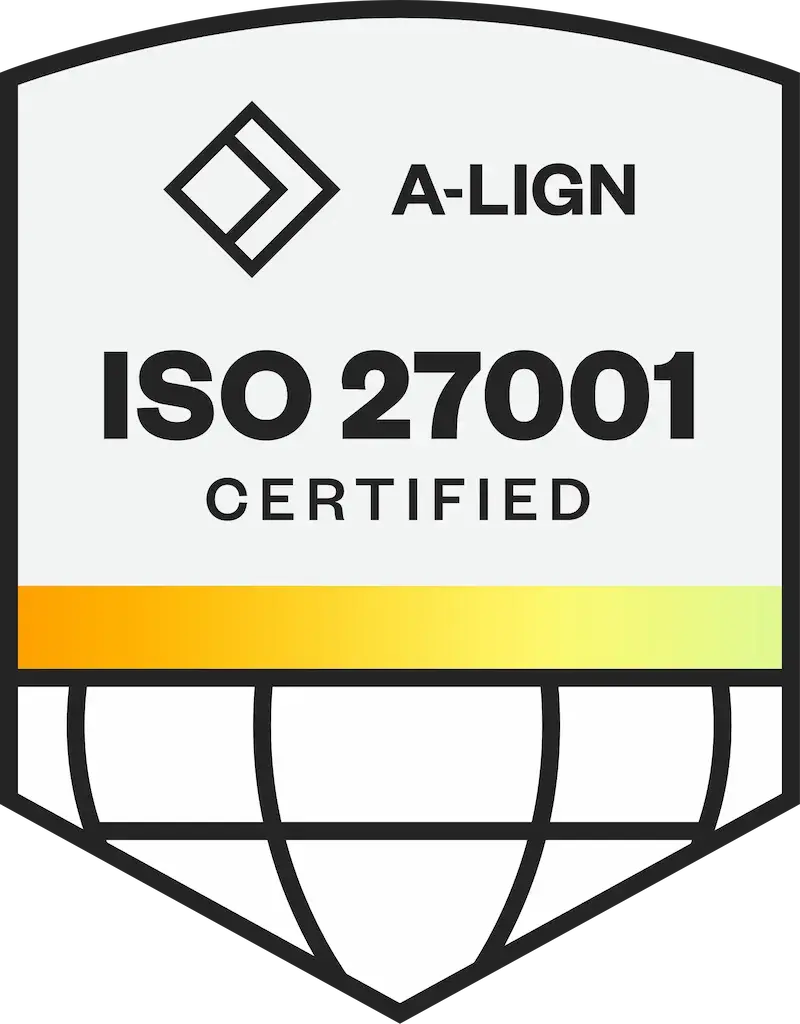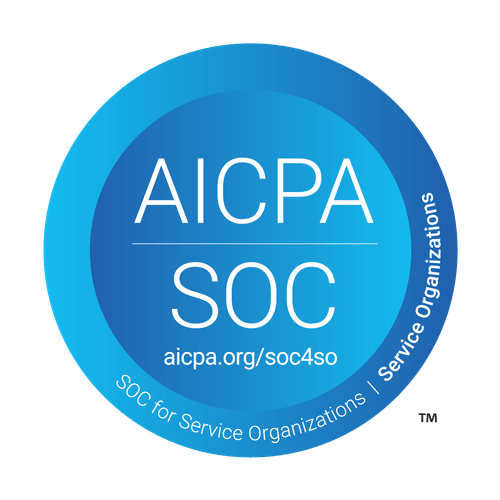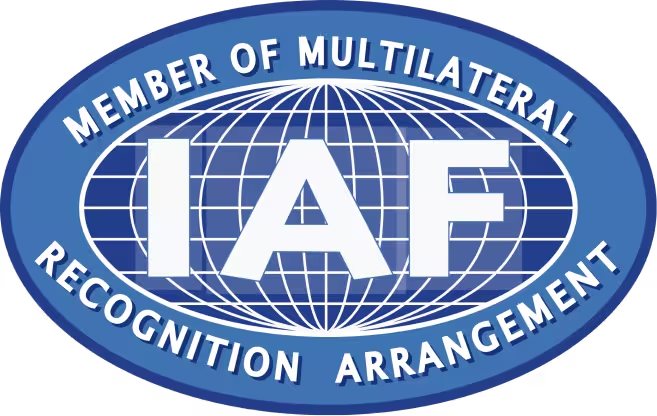
If you look at your caller ID and see that you’re receiving a call from the U.S. Department of Health and Human Services (HHS) Hotline, be wary because you most likely are dealing with a scam.
It is important to understand that the HHS Hotline does not initiate outgoing calls to individuals. Instead, its primary function is to receive and process reports of fraud, waste, abuse, and mismanagement in HHS programs. Therefore, any call purportedly coming from the HHS Hotline is highly likely to be a scam.
How to know if you might be getting scammed
Targeting citizens throughout the U.S., scammers are not only spoofing the HHS Hotline number, but also posing as HHS OIG Hotline employees. Scammers are reeling in victims by informing them that they have qualified or have been approved for a grant. More often than not, the targeted victim never applied for the grant.
Scammers are feeding citizens empty promises to obtain a victim’s personal information so they can steal money or commit other fraudulent activity under the victim’s name.
The scammers employ persuasive language, preying on the hopes and aspirations of their targets. They craft a narrative designed to create a sense of urgency and excitement by falsely informing victims that they have qualified or been pre-approved for a lucrative government grant. For many, the prospect of financial assistance through a grant can be a lifeline, making them more susceptible to the scammer's manipulative tactics.
Once the victim is on the line, the scammers deploy a combination of charm, intimidation, and coercion to extract vital personal details, such as Social Security numbers, bank account information, or credit card details. Armed with this sensitive data, the fraudsters can commit identity theft, engage in financial fraud, or even sell the information on the dark web, leaving their victims to face severe consequences.
Listen to your instincts — if it sounds too good to be true, it probably is! The HHS Hotline does not make outgoing calls. So, if you receive a call from 1-800-HHS-TIPS (1-800-447-8477), hang up immediately.
Red flag scripts to look out for
In light of these alarming realities, it is imperative for individuals to be aware of such scams and adopt proactive measures to protect themselves and their personal information. By familiarizing ourselves with the red flags and warning signs associated with these fraudulent calls, we can empower ourselves to recognize and avoid falling victim to such elaborate ruses.
HHS.gov provides a list of all too familiar red flag scripts:
- “This grant/scholarship is guaranteed or your money back.”
- “You can’t get this information anywhere else.”
- “I just need your credit card or bank account number to hold this grant/scholarship.”
- “We’ll do all the work. You just pay a processing fee.”
- “The grant/scholarship will just cost you a one-time fee.”
- “You’ve been selected” or “you are eligible” to receive a grant/scholarship.
Before you get roped into this scam, here are a few more things to keep in mind that will protect you from these scammers:
- Do not give personal or financial information to unknown callers. The HHS will never request payment or personal or financial information over the phone.
- Government grants are free. If you are told to pay before you can claim your “free” government grant, it is not a government grant. Any type of government-related grant will not ask recipients to pay a processing fee for the grant.
- Confirm legitimate government agencies. If you receive an unexpected call from the HHS Hotline claiming to be an employee, confirm the agency and employee before continuing the conversation. Check the credibility of the caller at USA.gov or by calling the agency directly to confirm the caller’s claims.
- Download a caller ID and call blocking app. To help prevent spam, scam, and robocalls from getting into your phone, use a call protection app to help filter pesky HHS Hotline scammers from targeting you as their next victim.
- Report scams to the FCC. If you have been contacted or believe you have been a victim of the HHS Hotline scam or any type of government grant scam, contact the FCC to help raise awareness and prevent others from becoming a victim.
Fight back against scam calls
The prevalence of scams targeting citizens through spoofed phone numbers, such as the HHS Hotline, demands heightened vigilance and awareness. The cunning tactics employed by these fraudsters to pose as HHS OIG Hotline employees and promise unrequested grants should serve as a stark reminder of the importance of safeguarding our personal information.
By heeding the warning signs, such as requests for payment or sensitive details over the phone, and verifying the legitimacy of callers claiming to be from government agencies, we can fortify our defenses against these insidious scams. Reporting suspicious calls to the relevant authorities and staying informed about the latest scam trends will collectively contribute to protecting ourselves and our communities from falling victim to financial fraud and identity theft.
-
Individuals can contact their phone carrier to check if it offers spam/scam-blocking capabilities. If not, ask your carrier to consider adding Hiya Protect.
-
Carriers can protect their customers from phone scams by adding Hiya Protect, which blocks or labels spam and scam calls with high accuracy, without blocking essential calls. It is used by phone carriers, mobile phone manufacturers, and network providers who are looking to create a differentiated voice offering and increase customer satisfaction.
- Enterprises can help their customers feel safe answering the phone by adding Hiya Connect, which enables businesses to display their company name, logo, and reason for the call on the recipient’s mobile phone. Branded caller ID identifies who is calling so customers will not be afraid to answer their phones when your business tries to reach them.
- According to Hiya’s State of the Call 2023, 87% of consumers think unidentified calls are fraud. Get through to more of your customers with call identity.
When evaluating branded caller ID solutions, there are a few questions you should ask. Get the full list and make the best decision for your organization by checking out our Branded Call Checklist and Buyer's Guide.


